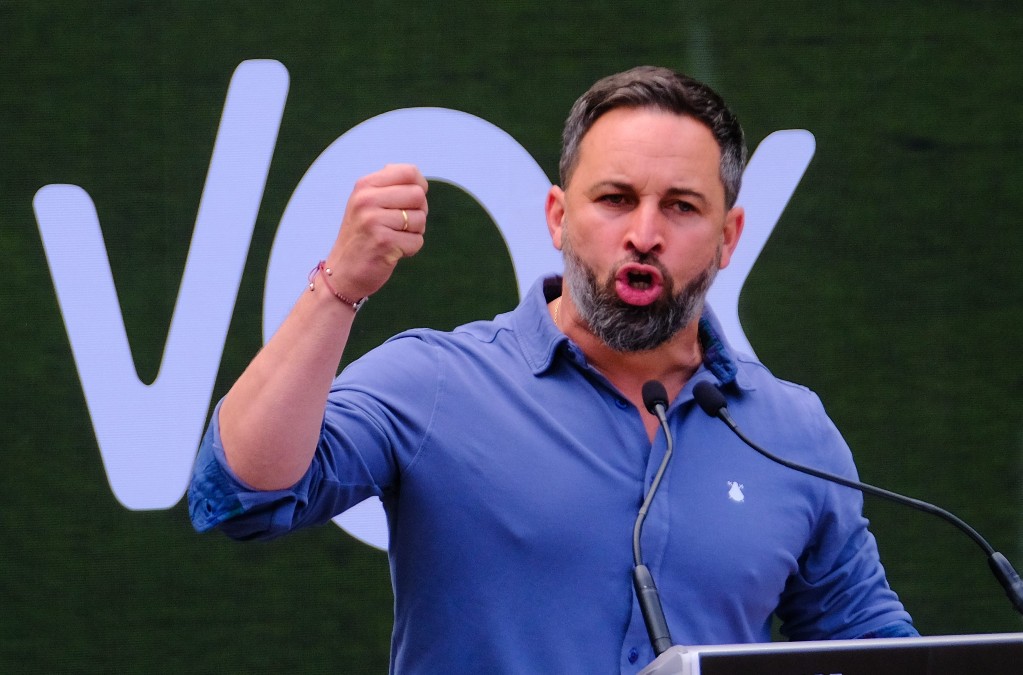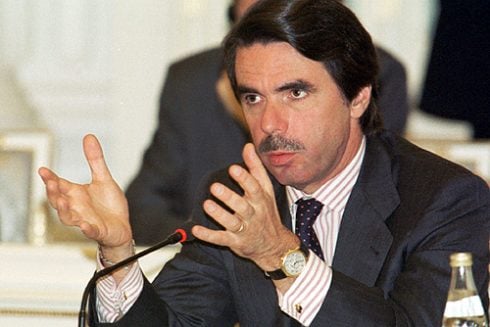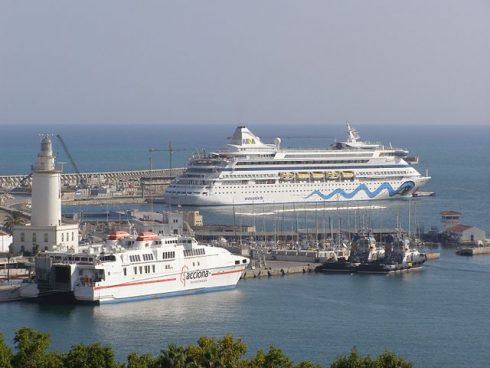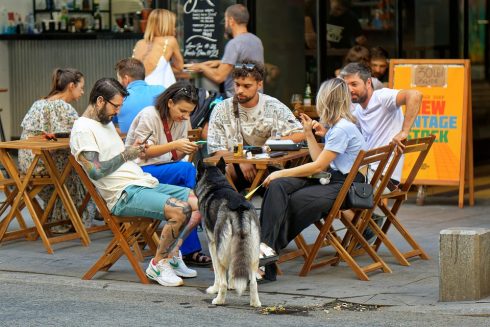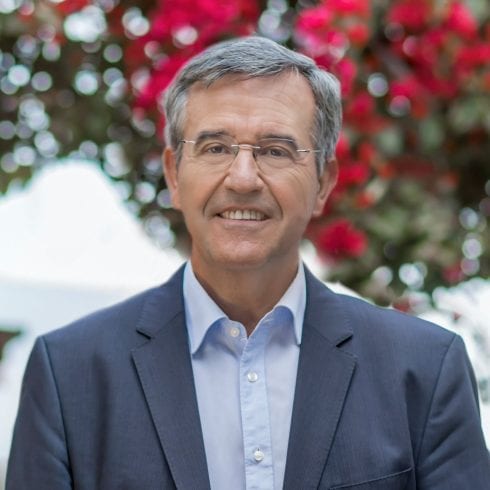THIS SATURDAY saw more than 8,000 local councils formed across Spain, in the wake of the May 28 local and regional elections. The make-up of these administrations reflects the shift to the right at those polls, with the conservative Popular Party (PP) now governing in 405 of councils and far-right Vox present in some 140.
The PP, which is expected to be the winner of the upcoming July 23 snap general election, is now in power in around 30 provincial capitals, governing solo in 24 of them, including Madrid, and with an absolute majority in 13 according to figures from news agency Europa Press.
The group is governing in 3,223 municipalities, which is 40% of the total across Spain, and is representing 22.3 million inhabitants (46.5% of the population) on a local level.
The party, led on a national level by Alberto Nuñez Feijoo, is also now in power in all of Andalusia’s provincial capitals for the first time ever.
In the Murcia region, meanwhile, the PP has taken the four biggest cities: Mucia, Cartagena, Lorca and Molina de Segura.
Meanwhile, Vox has also taken advantage of its strong showing at the May 28 polls, which saw support for leftist parties such as the governing Socialists and Unidas Podemos (United we Can) plummet.
The far-right party now has councillors in roles of responsibility in 140 of the nearly 1,000 local councils where it won representation at the polls, according to Europa Press.
Data supplied by the party itself shows that it has 1,665 councillors across 966 councils, of which it will be governing with an absolute majority in 26 and has done deals in another 100 or so.
The party has committed to scrapping equality departments, which it has slammed as a waste of money and ‘ideological’. The party, led on a national level by Santiago Abascal, has also committed to ‘eradicating violence, squatting, sexual assaults and all kinds of crime’.
Its governing deals also include commitments to cutting taxes and reducing to a minimum traffic-calming measures with the aim of eventually eliminating them all together.
National elections
Socialist Party Prime Minister Pedro Sanchez called the snap general election for July 23 after the poor showing of his group as well as other leftist formations. Polling suggests that the PP will win the most seats at the polls, and is likely to be able to form a government in Spain’s Congress of Deputies thanks to the support of Vox.
Read more:
- In last-minute twist, Socialists take power in Barcelona City Hall
- Spain’s state-run pollster predicts most votes for Socialists at July 23 general election
- Explainer: What do the polls say ahead of July’s snap election in Spain?
Click here to read more Politics News from The Olive Press.

